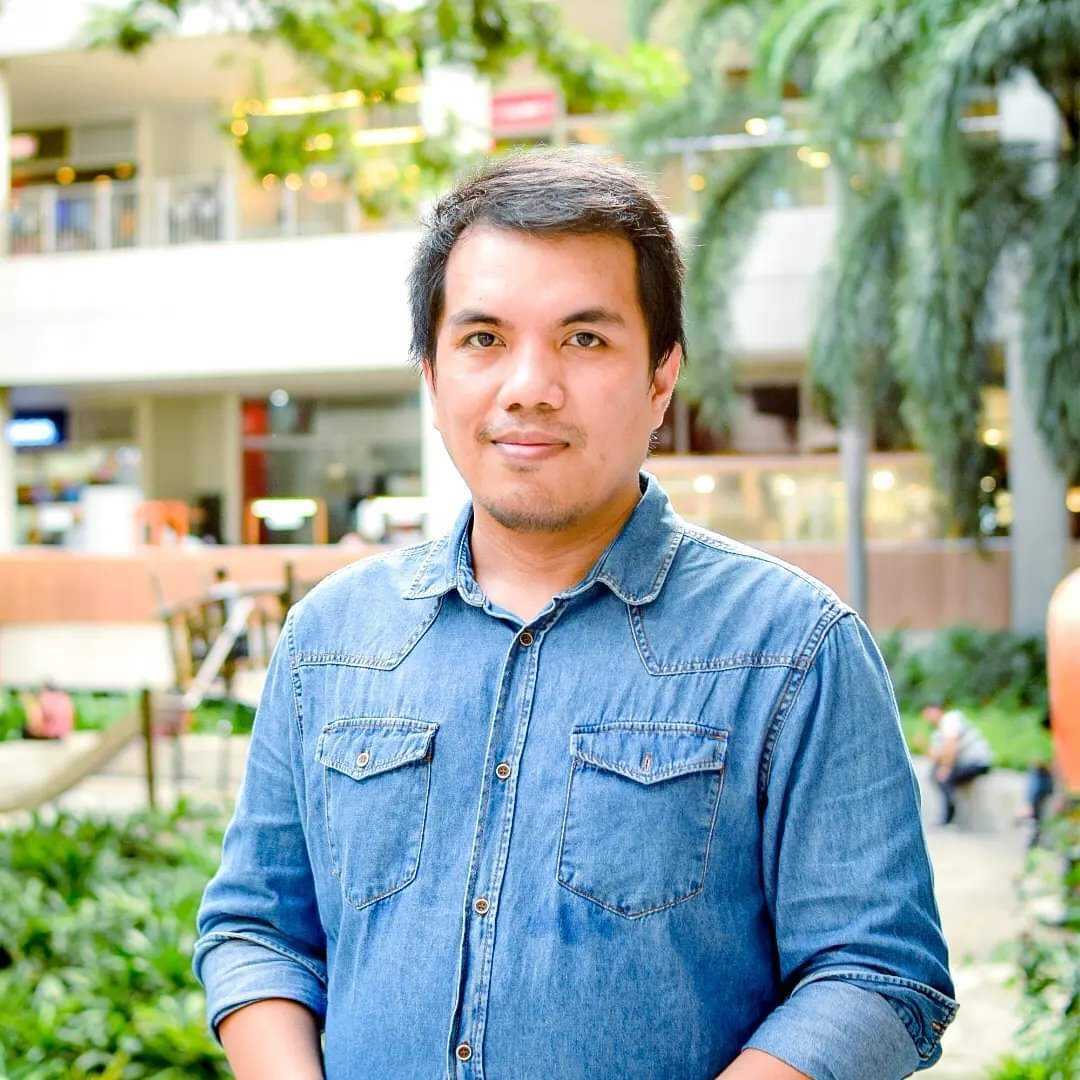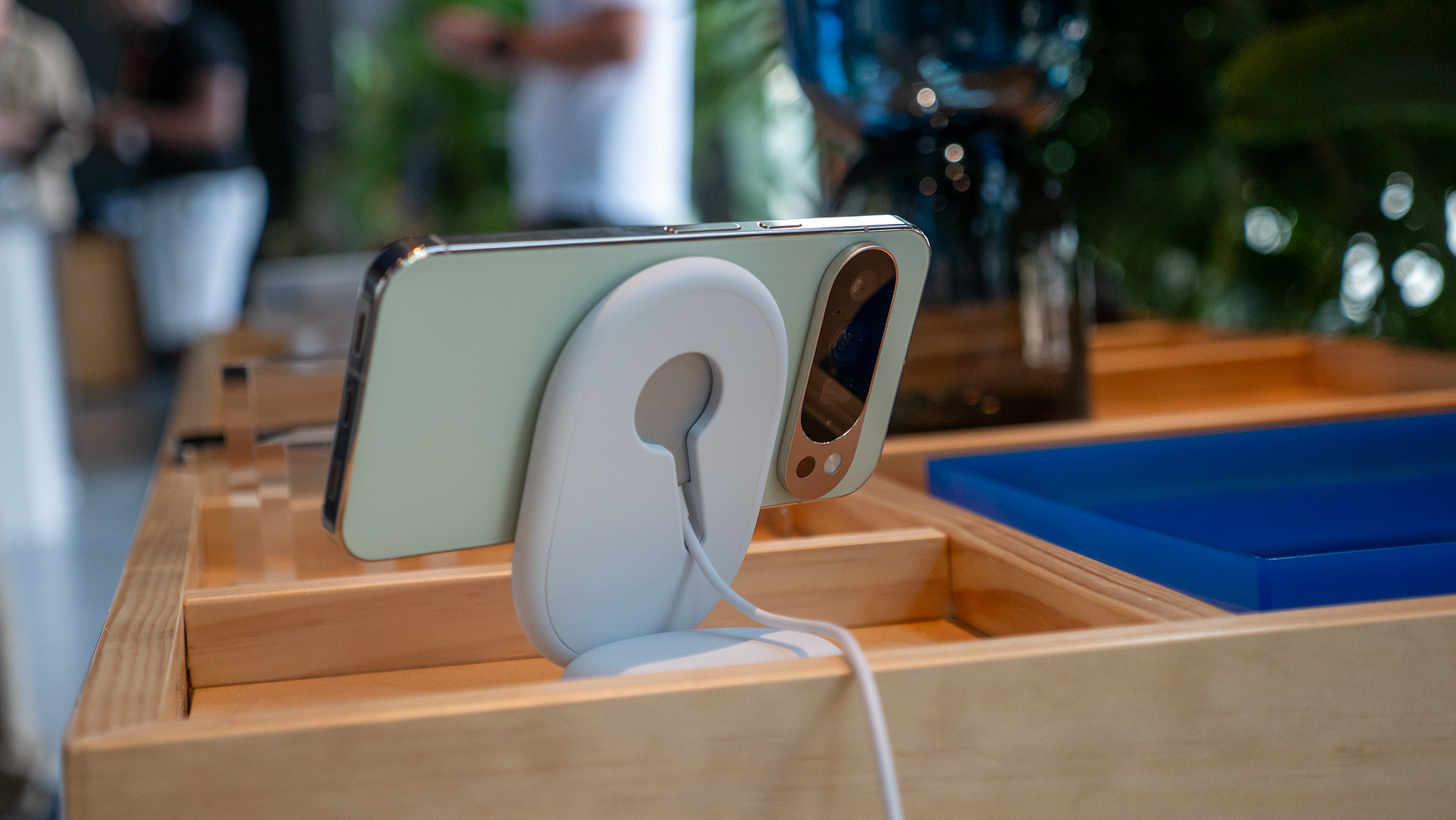A Google exec resigns with a damning note about its XR ambitions
Mark Lucovsky, formerly Meta’s AR operating system head, joined Google in 2021 to lead its AR efforts.

What you need to know
- Google's senior director of engineering revealed that he left the company due to its "unstable commitment" to XR.
- Mark Lucovsky also cited the recent changes in AR leadership at Google as one of the reasons behind his departure.
- Lucovsky’s former team has been integrated into two separate divisions responsible for the Made by Google products.
Google's senior director of engineering, who was in charge of the company's OS and software platform for AR and XR devices, has stepped down, leaving scathing remarks about the company's XR efforts.
Mark Lucovsky, who joined Google in 2021 after serving as Meta’s AR operating system lead, revealed in a tweet that his departure from the search giant was largely due to "recent changes in AR leadership" at the company (via 9to5Google).
I have decided to step away from my role at Google, where I was Senior Director of Engineering, responsible for OS and Software Platform for AR and XR devices. The recent changes in AR leadership and Google’s unstable commitment and vision have weighed heavily on my decision.July 10, 2023
While Lucovsky did not mention specific leadership changes, his remarks could be in reference to Clay Bavor's departure from Google earlier this year after 18 years of service.
A few months later, Google canceled its internal AR hardware development efforts, dubbed Project Iris, and instead turned its focus to making the "Android of AR" platform.
Bavor's exit left the next-generation follow-up to Google Glass in limbo, with Mountain View splitting its AR efforts into the Platforms & Ecosystems division led by Hiroshi Lockheimer and the Devices & Services headed by Rick Osterloh.
Lucovsky also criticized Google’s "unstable commitment and vision" when it comes to its XR ambitions. While little is known about Google's AR/VR efforts, the company recently announced a collaboration with Samsung to develop the next-generation Gear VR running Android, which is expected to launch this year.
However, following the launch of Apple's Vision Pro, Samsung reportedly delayed its upcoming XR headset until sometime in mid-2024 in an effort to be more competitive when Apple's mixed reality headset is released next year.
Get the latest news from Android Central, your trusted companion in the world of Android
Meanwhile, Lucovsky intends to "explore opportunities that allow me to further advance Augmented Reality technology and its intersection with generative AI" moving forward. His remarks certainly didn't mince words, chastising Google's XR efforts and indicating tough times within that area of the company.

Jay Bonggolto always keeps a nose for news. He has been writing about consumer tech and apps for as long as he can remember, and he has used a variety of Android phones since falling in love with Jelly Bean. Send him a direct message via X or LinkedIn.
